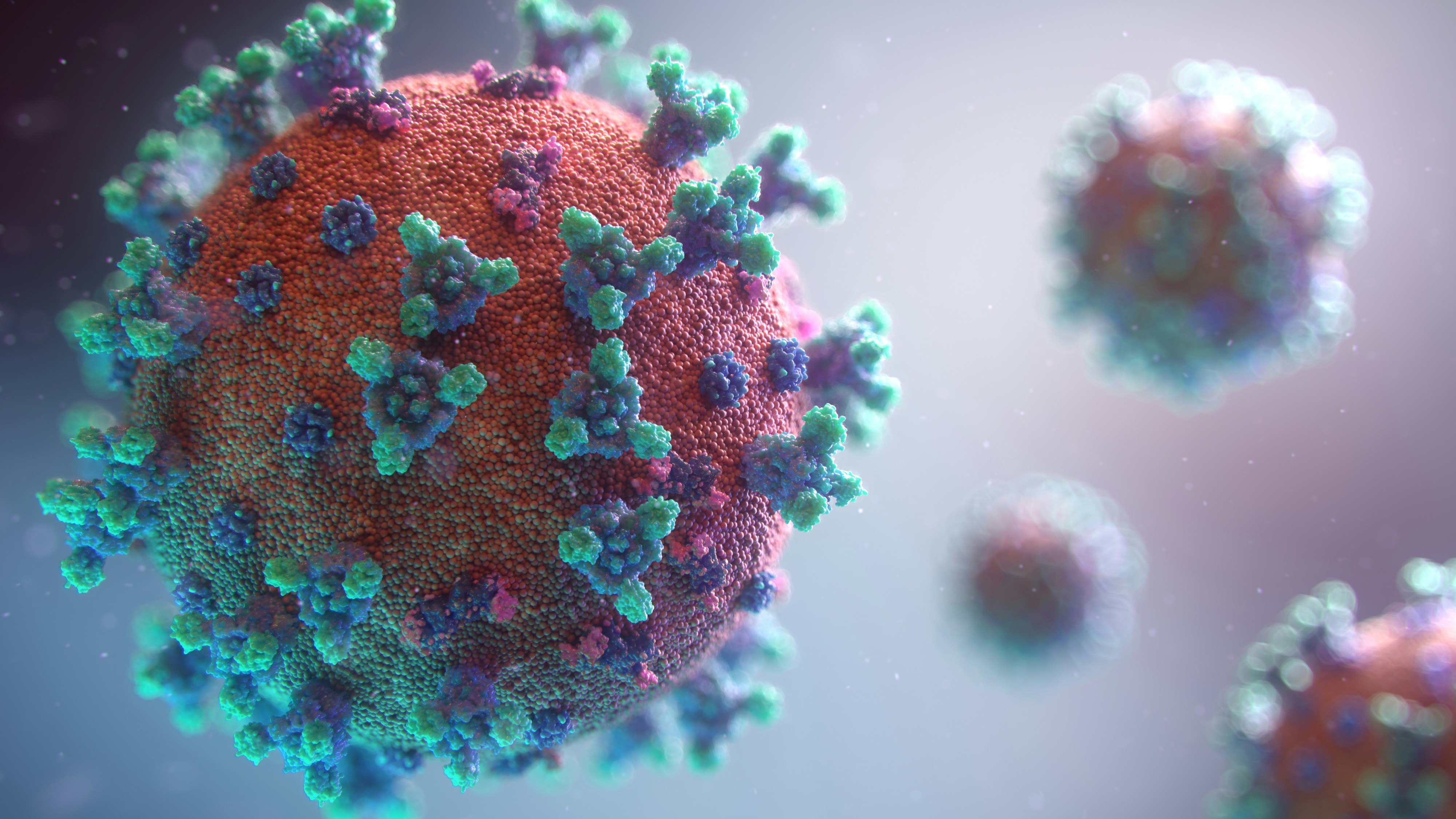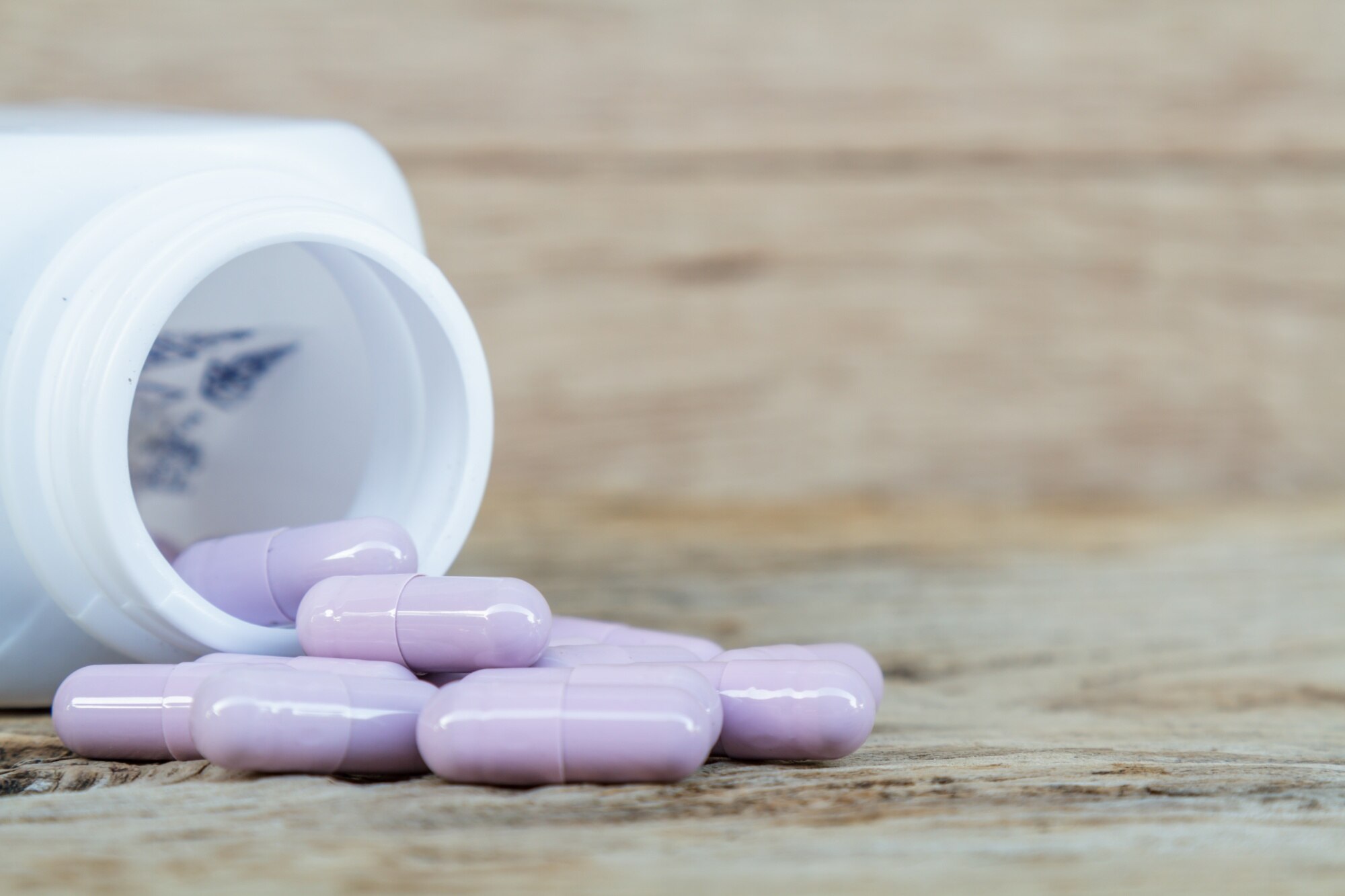Study finds Covid-19 may have aged blood vessels by 5 years, especially among women
Researchers warn that Covid-19 could leave a lasting “vascular scar” with women showing the strongest signs of premature artery ageing.
PTI
-
Photo | Unsplash
NEW DELHI, 18 AUG
A Covid-19 infection could age one's blood vessels by about five years, especially among women, according to a new study.
The effect was found to be stronger among women who experienced persistent symptoms after recovering from Covid-19 -- collectively termed 'long Covid' -- such as shortness of breath and fatigue.
"Since the pandemic, we have learned that many people who have had (Covid-19) are left with symptoms that can last for months or even years. However, we are still learning what's happening in the body to create these symptoms," lead researcher Rosa Maria Bruno from Université Paris Cité, France, said.
The study, published in the European Heart Journal, looked at around 2,400 people -- about half were women -- from across 16 countries, including Australia, Brazil and those in Europe.
While blood vessels are known to become stiffer with age, a Covid-19 infection can accelerate the process and can heighten the risk of developing cardiovascular disease, including stroke and heart attack, the researchers said.
The participants' vascular (blood vessel) age was measured using a device that looks at how quickly a wave of blood pressure travels between the carotid artery (in the neck) and femoral arteries (in the legs) -- called 'carotid-femoral pulse wave velocity'.
A higher value indicates more stiffness and ageing of blood vessels. Measurements were taken six months after a Covid-19 infection and again after 12 months.
An increase in pulse wave velocity of around 0.5 metres per second is clinically relevant and roughly amounts to ageing by five years, with a three per cent increased risk of cardiovascular disease, in a 60-year-old woman, the researchers said.
The study found that, on average, pulse wave velocity among women who had a mild infection was increased by 0.55 metres per second, by 0.60 metres per second in those hospitalised and by over one metre per second for women treated in intensive care.
"(Pulse wave velocity) differences were significant in women, but not in men. Among Covid-19 positive women, persistent symptoms were associated with higher (pulse wave velocity)," the authors wrote.
"A stable or improved (pulse wave velocity) after 12 months was found in Covid-positive groups, whereas a progression was observed in the Covid-negative group," they wrote.
Explaining how Covid-19 impacts blood vessels, Bruno said that the disease-causing virus "acts on specific receptors in the body, called the angiotensin-converting enzyme 2 receptors, that are present on the lining of the blood vessels."
"The virus uses these receptors to enter and infect cells. This may result in vascular dysfunction and accelerated vascular ageing. Our body's inflammation and immune responses, which defend against infections, may also be involved," the lead researcher said.
Further, compared to men, women are known to produce a more rapid and robust immune response which can protect from infection but can also inflict damage on blood vessels after initial infection, Bruno said.
In a related editorial, published in the European Heart Journal, researchers from Harvard Medical School in the US wrote, "Although the acute threat of the Covid-19 (coronavirus disease 2019) pandemic has waned, a new challenge emerged in its aftermath: post-acute Covid-19 syndrome."
The study highlights that "Covid-19's vascular legacy is real, measurable, and with a plausible likelihood of sex-specific findings," they wrote.
"Covid-19 has aged our arteries, especially for female adults. The question is whether we can find modifiable targets to prevent this in future surges of infection, and mitigate adverse outcomes in those afflicted with Covid-19-induced vascular ageing," the authors said.
Leave a Reply
Your email address will not be published. Required fields are marked *










.png)
.png)
.png)
.png)
.png)
.png)
.jpg)
.jpg)


